Inventor, scientist and engineer, Leonardo da Vinci is considered the genius by definition. Leonardo was born on April 15, 1452 in Anchiano, near Vinci, in the countryside outside Florence. An illegitimate child of notary Ser Piero D’Antonio, he was taken in by his father and raised with his stepbrothers. When he was about 16 he moved to Florence with his father. At the time, construction work was everywhere in Florence: the new Signore, Lorenzo de’ Medici, had began building the Baptistry and the S. Maria del Fiore cathedral. Leonardo was a lazy student and would rather roam the streets of the city. He observed the construction work and drew copies of the machinery used to understand how it worked. He became so competent in mechanics and hydraulics that in 1482 he was hired as an engineer by Ludovico Sforza “the Moor,” Duke of Milan.
The Moor’s was a powerful court, and Leonardo, whose versatility was boundless was given all kinds of tasks: he designed war machines, defined military strategies, planned buildings and built automatic mechanisms for theater stage sets. A major project of the period was the modernization of the system of canals which flowed through Lombardy. To aid navigation, he designed aerodynamic vessels, cranes for loading of goods, and rotating bridges to allow the passage of ships. In the meantime, he observed and catalogued natural phenomena. He dissected cadavers and drew their organs. He was the first to correctly identify the heart as a muscle. He began classifying plants and drew maps. From astronomy to physics, he sought an explanation for everything. However, he rarely completed his studies: if on the one hand his observation capacity was extraordinary, on the other his visionary spirit led him to embark on impossible enterprises. His dream was to build machines that would allow man to surpass his limits.
He designed a system of floats to walk on water, but failed to design wings that could enable man to fly with his own strength.
However, his aerial screw was based on the same principle as modern helicopters: Leonardo sensed that a propeller could lift a weight off the ground, carrying it up into the air. Leonardo never became financially independent. After years at the service of Ludovico Sforza, his sustenance was guaranteed by Giuliano de Medici, the brother of pope Leo X. He spent the last years of his life at the court of Francis I of France, who gave him a life annuity and residence in the castle of Cloux, near Amboise, in the Loire region. He died there in May 2, 1519. He was 67.
The Moor’s was a powerful court, and Leonardo, whose versatility was boundless was given all kinds of tasks: he designed war machines, defined military strategies, planned buildings and built automatic mechanisms for theater stage sets. A major project of the period was the modernization of the system of canals which flowed through Lombardy. To aid navigation, he designed aerodynamic vessels, cranes for loading of goods, and rotating bridges to allow the passage of ships. In the meantime, he observed and catalogued natural phenomena. He dissected cadavers and drew their organs. He was the first to correctly identify the heart as a muscle. He began classifying plants and drew maps. From astronomy to physics, he sought an explanation for everything. However, he rarely completed his studies: if on the one hand his observation capacity was extraordinary, on the other his visionary spirit led him to embark on impossible enterprises. His dream was to build machines that would allow man to surpass his limits.
He designed a system of floats to walk on water, but failed to design wings that could enable man to fly with his own strength.
However, his aerial screw was based on the same principle as modern helicopters: Leonardo sensed that a propeller could lift a weight off the ground, carrying it up into the air. Leonardo never became financially independent. After years at the service of Ludovico Sforza, his sustenance was guaranteed by Giuliano de Medici, the brother of pope Leo X. He spent the last years of his life at the court of Francis I of France, who gave him a life annuity and residence in the castle of Cloux, near Amboise, in the Loire region. He died there in May 2, 1519. He was 67.
RELATED
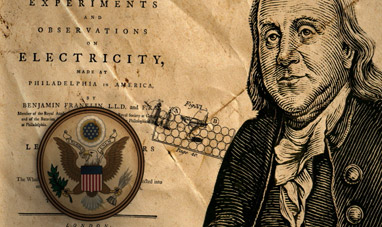

BENJAMIN FRANKLIN
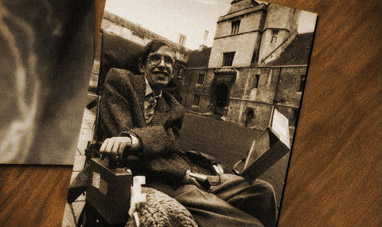

STEPHEN HAWKING
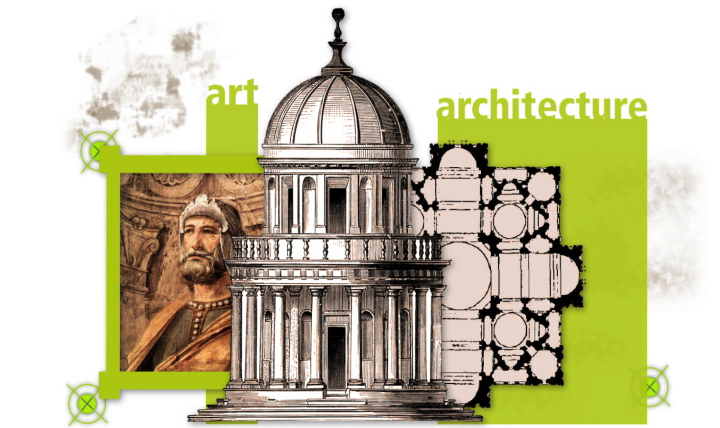

DONATO BRAMANTE
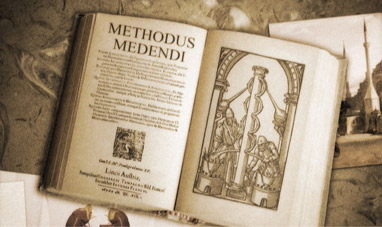

GALEN
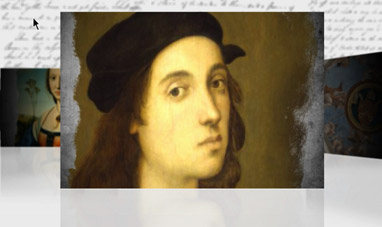

RAPHAEL
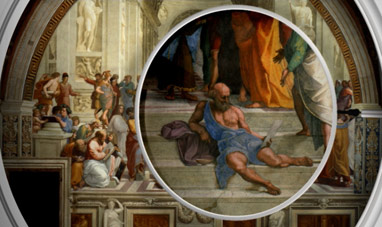

THE SCHOOL OF ATHENS
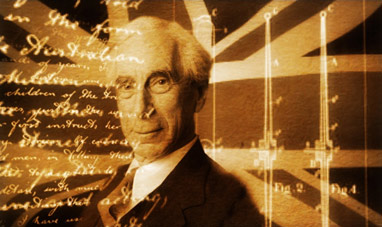

BERTRAND RUSSEL
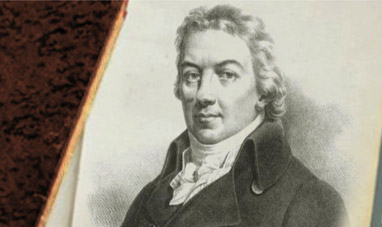

EDWARD JENNER
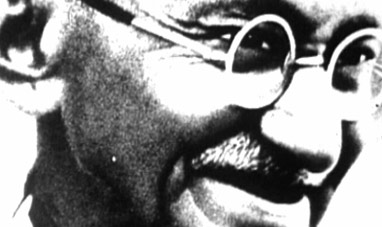

GANDHI
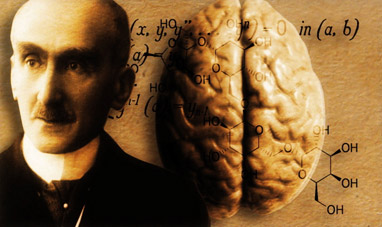

HENRI BERGSON
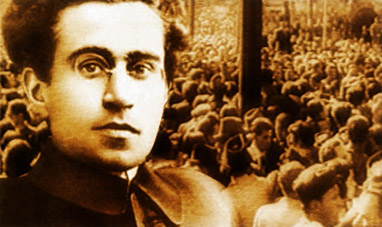

ANTONIO GRAMSCI
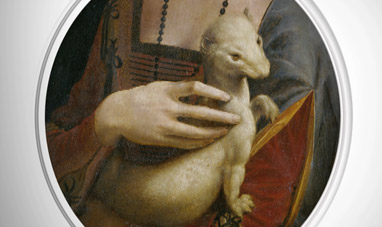

LADY WITH AN ERMINE
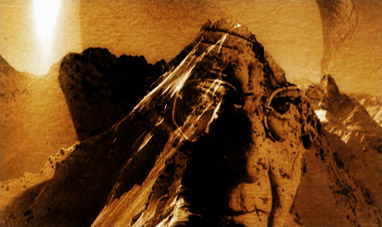

ERICH FROMM
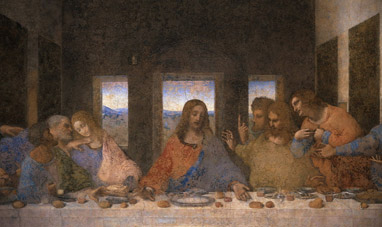

THE LAST SUPPER
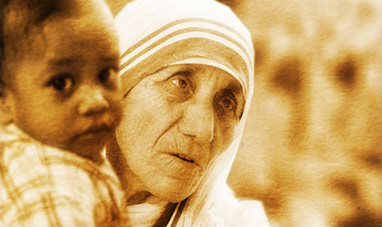

MOTHER TERESA OF CALCUTTA
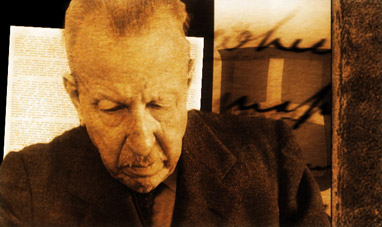

BENEDETTO CROCE
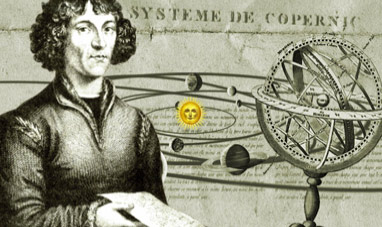

NICOLAUS COPERNICUS
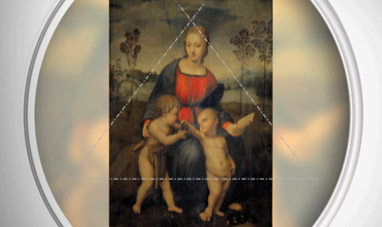

MADONNA OF THE GOLDFINCH
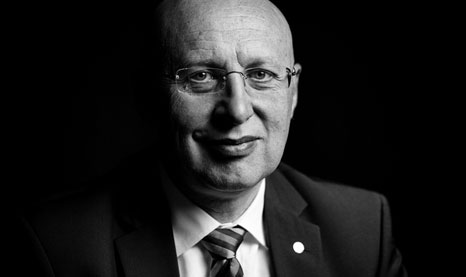

STEFAN HELL
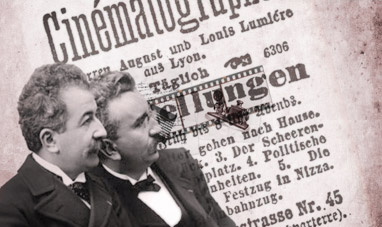

THE LUMIÈRE BROTHERS
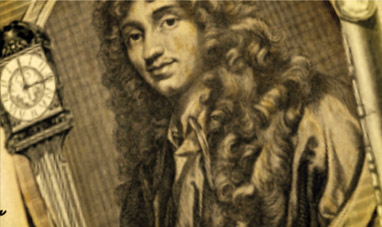

CHRISTIAAN HUYGENS
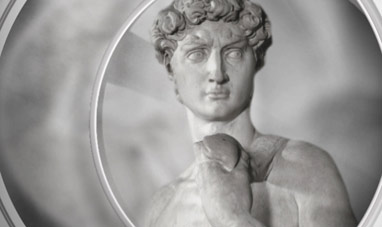

DAVID (MICHELANGELO)
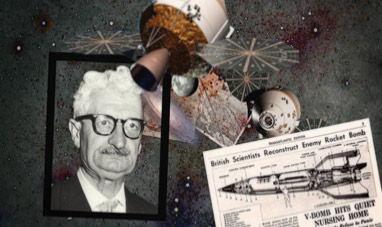

WERNHER VON BRAUN
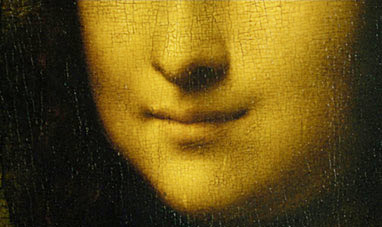

THE MONA LISA
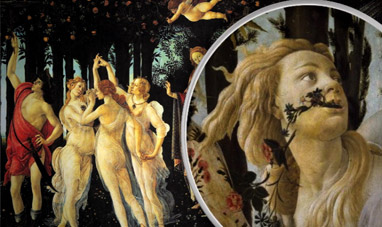

PRIMAVERA
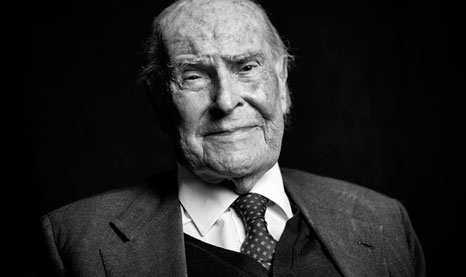

UMBERTO VERONESI
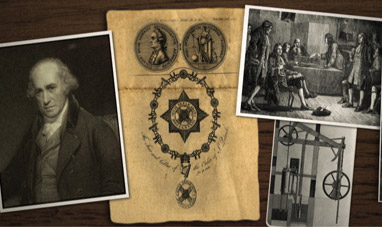

JAMES WATT
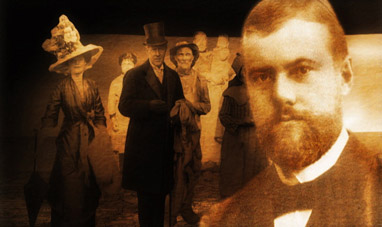

MAX WEBER
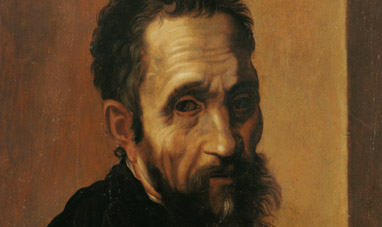

MICHELANGELO BUONARROTI
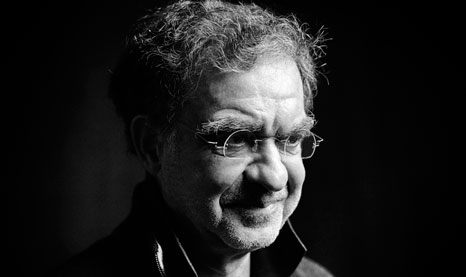

TOMASO POGGIO
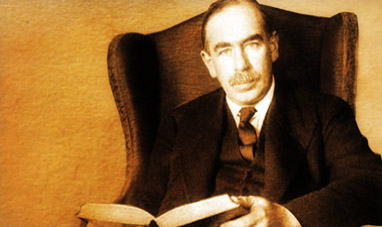

JOHN MAYNARD KEYNES
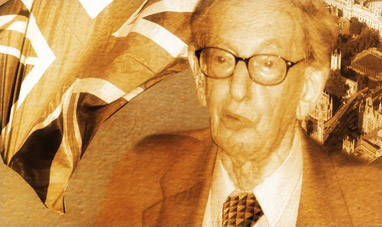

ERIC HOBSBAWM
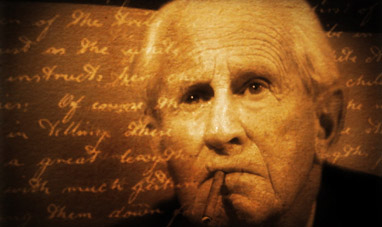

HERBERT MARCUSE
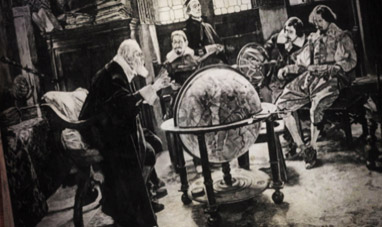

GALILEO GALILEI
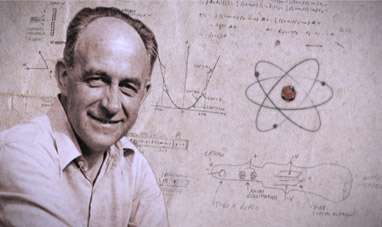

ENRICO FERMI
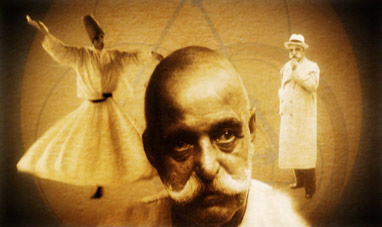

GEORGE IVANOVICH GURDJIEFF
